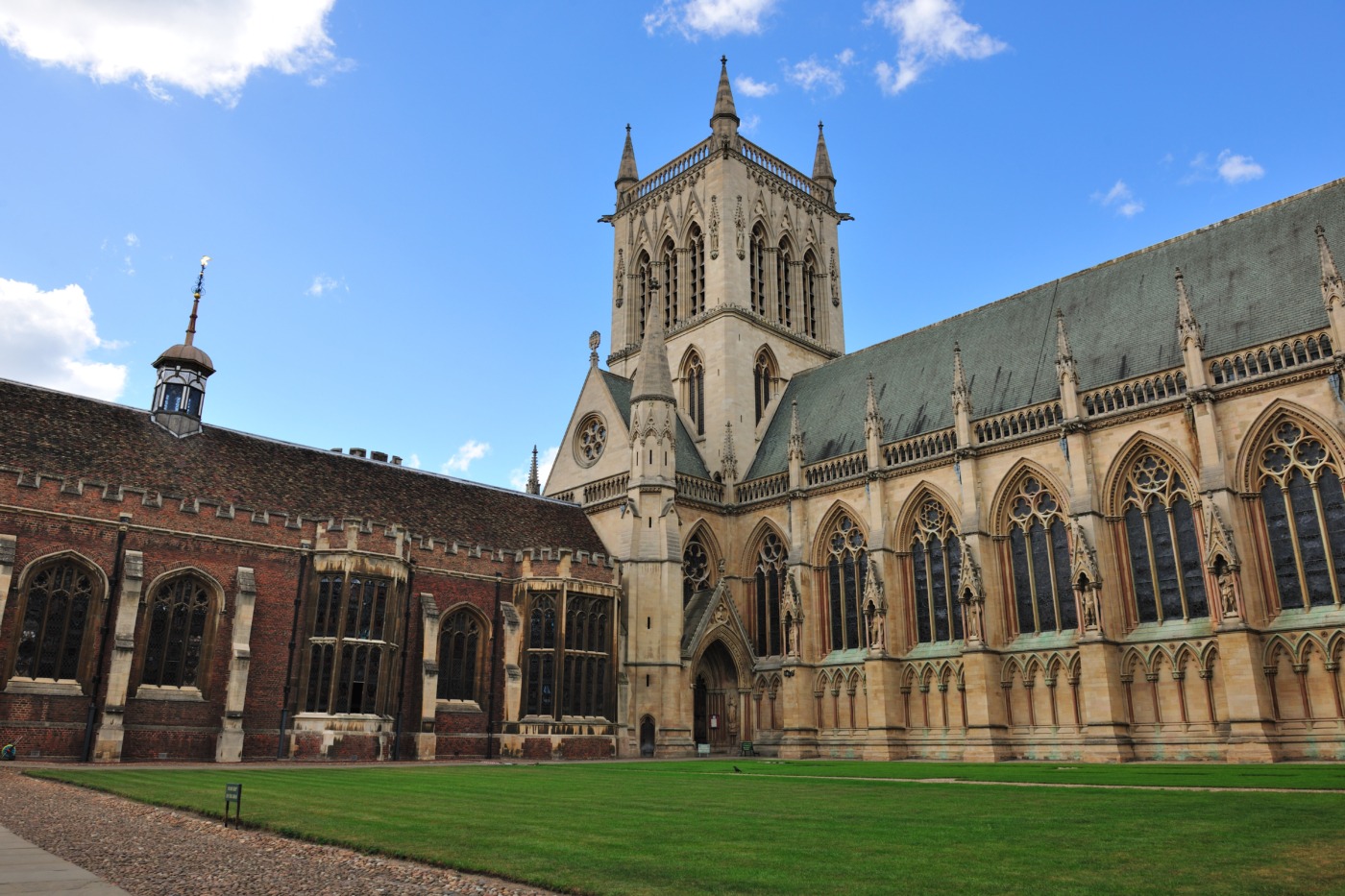New Cambridge sculpture takes a stand on culture wars
A sculpture of Brazilian educational theorist Paulo Freire has been installed by the University of Cambridge’s Education Faculty.
The sculpture – situated in the faculty’s library – has been commissioned as a show of solidarity with Brazilian educators in the face of attacks on universities by far-right President Jair Bolsonaro.
Bolsonaro has threatened to “enter the Education Ministry with a flamethrower” in an effort to remove the teachings of the socialist Freire, who was jailed by Brazil’s military dictatorship in the 1960s.
The author of Pedagogy of the Oppressed, Freire had a significant role in introducing the teaching of critical thought to schools and universities. Cambridge’s Education Faculty hope that the sculpture will symbolise his emphasis on “listening, tolerance, and dialogue”, as so-called “culture wars” begin to impact universities around the world.
Central to “culture wars” is the concept of “cancel culture”, which has been a controversial topic on university campuses in recent years. The practise of “cancelling” seeks to de-platform speakers who may have offensive ideas, and recently this has led to the banning of art historian Andrew Graham-Dixon by the Cambridge Union for impersonating Adolf Hitler during a debate.
There has been a backlash against cancel culture, with comedians John Cleese and Stephen Fry speaking out against the threat posed to free speech.
Equalities Minister Kemi Badenoch has supported this backlash, telling the House of Commons that the concerns of Cleese were “quite right”.
What we have seen here, however, is a consciously over-simplistic positioning of academics and educators as distant and out of touch
– Prof. Robertson
Prof. Robertson said that the sculpture of Freire is important in showing support for academics facing far-right attacks, and warned of issues in the UK: “What we have seen here, however, is a consciously over-simplistic positioning of academics and educators as distant and out of touch”.
Brazilian Cambridge University doctoral student, Alexandre da Trindade, said: “Academia is under attack in my country, and for an internationally recognised university to adopt Freire’s image is an important sign of solidarity with Brazilian scholars.
“It represents a shared set of beliefs in the emancipatory role of education and critical pedagogy.”

Comments